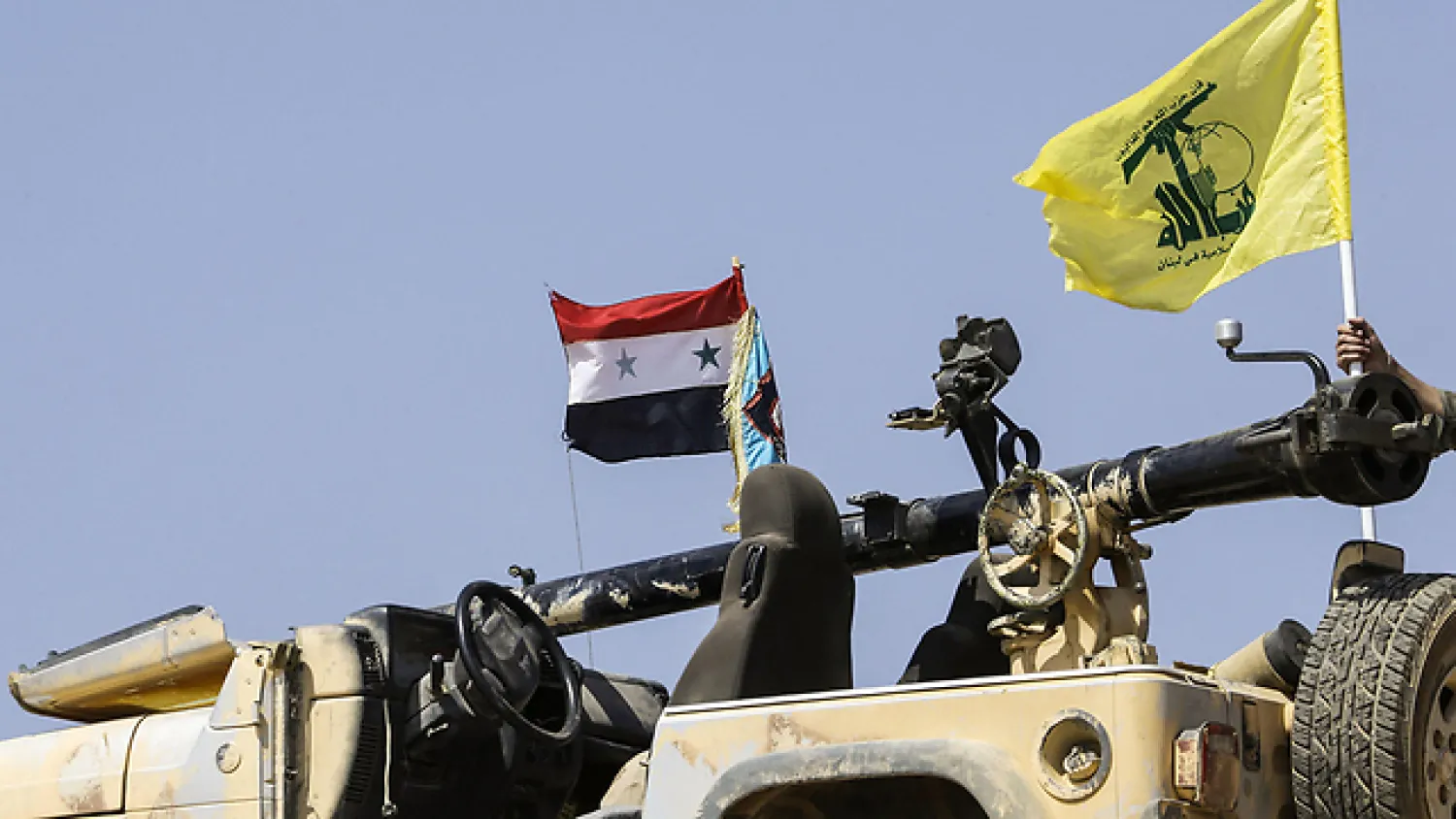The Israeli government sent a message through foreign channels to both the Damascus regime and Iran that it will allow the establishment of a Hezbollah organization in Syria, according to political sources in Tel Aviv.
The government also hinted that the recent Israeli attacks targeted a large weapon shipment that was supposed to boost the party's power.
The sources said that in the last two months Iran transported large quantities of specific weapons to Syria, some of which remain in Damascus, under the control of the Syrian army or Iranian militias.
The other part of the weapons is either transferred to Hezbollah in Lebanon or stored in its bases in Syria, within the project to establish a strong base, especially in the south close to the Golan Heights.
The Israeli sources stated that the project aims to form a strong organization for Hezbollah in Syria.
They pointed that the Lebanese Hezbollah is now operating in Syria as an authoritarian organization with great influence, aiming to establish a strong war front against Israel.
But the Israeli message was clear: "We will prevent the establishment of a second (Hezbollah) in Syria.”
At the same time, Israel carried out intensive raids “so that they understand the seriousness of the message,” that it will not tolerate an Iranian presence.
Last Wednesday, raids targeted sites in the Golan Heights, Damascus International Airport, and a military base that includes the 165th Battalion of the Syrian army, which Iran allegedly used to store weapons and anti-air missile bases.
The Israeli army refused to comment on the strikes, in line with its policy to neither confirm nor deny its operations in Syria.
However, security sources in Tel Aviv described the raids as “successful.”
Dozens of Israeli aircraft flew over the Syrian airspace and the anti-air defense system intercepted over 30 surface-to-air missiles.
Meanwhile, Yedioth Ahronoth daily indicated that this is the sixth attack against targets in Syria during the last month, aiming to thwart Iran's plan to reinforce militias.
The newspaper quoted military sources in Tel Aviv as saying that Iran is transporting weapons to Syria by air again, adding that they cannot confirm or deny that these activities are linked to the elections of new US president Joe Biden.
But the sources confirmed that the army will continue to attack and destroy any weapons' shipment that reaches Syria, doing whatever necessary to preserve Israel's security and interests.









